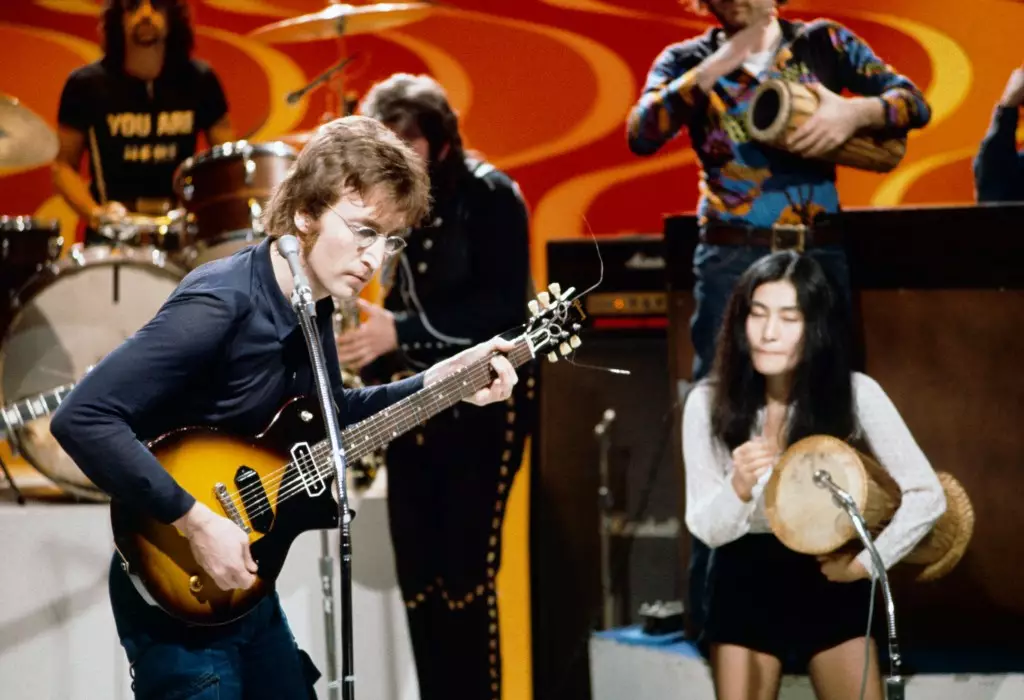The current state of cinema showcases a remarkable moment for independent film, with a plethora of well-received titles enjoying wide releases. Unlike the typical pattern of limited releases characterized by exclusivity, the indie film sector seems to be thriving under a new paradigm. Notably, films such as “Terrifier 3,” “Piece By Piece,” “Saturday Night,” and the animated feature “My Hero Academia: You’re Next” are not just generating buzz but proving to be significant box office draws. This unusual occurrence signifies a shift in audience appetite, indicating that moviegoers are eager for varied storytelling outside the mainstream Hollywood machine.
While the panorama is evocative, the limited releases of high-quality documentaries also hold unique appeal. For instance, Kino Lorber’s documentary “Daytime Revolution” debuted in over sixty theaters, coinciding with John Lennon’s birthday, suggesting a strategic embrace of cultural events in the indie film landscape. Directed by Erik Nelson, this documentary delves into a groundbreaking week in 1972 when Lennon and Yoko Ono co-hosted “The Mike Douglas Show,” radically reframing the traditional format to probe significant societal issues. By integrating archival footage with interviews of original guests, the documentary serves as both a historical artifact and a timely reflection on activism, highlighting how art and media can challenge sociopolitical norms.
The documentary genre, in particular, has emerged as a crucial platform for raising awareness about pressing social issues. Films like “Mediha,” produced with the assistance of Emma Thompson, have the potential to resonate deeply with audiences. It tells the harrowing story of a teenage Yazidi girl who, after being abducted by ISIS, documents her journey towards healing and justice. This type of personal storytelling, especially when rooted in real-world trauma and conflict, provides a profound lens through which viewers can engage with complex subjects. The film’s award-winning recognition underscores the audience’s yearning for narratives that both challenge and inspire.
Similarly, “Carville: Winning Is Everything Stupid,” directed by Matt Tyrnauer, takes viewers on a tumultuous journey through the undercurrents of the 2024 presidential race, focusing on the iconic strategist James Carville. Through interviews with political figures and an intimate portrayal of Carville’s personal life, the film serves as a commentary on the relentless nature of American politics. The film’s direct connections to present-day events underscore how documentaries have become vital storytelling mediums that mirror societal dynamics.
Innovative approaches in these films reflect broad cultural shifts, particularly in their appeal to diverse audiences. For example, Amazon MGM’s “Brothers,” featuring Josh Brolin and Peter Dinklage, tells the poignant story of a reformed criminal navigating the trials of familial loyalty against a backdrop of his past life. This narrative not only provides entertainment but also stimulates conversations about the intersections of family, redemption, and personal growth amidst debilitating circumstances.
Moreover, faith-based films like “Six Days in August” chronicle significant historical events that shaped entire communities. This biographical film details the aftermath of John Smith’s assassination and how Brigham Young stepped into leadership. It offers a unique blend of history and faith, aiming to connect with both history enthusiasts and the faithful. The expansion of these themes within a film’s structure signals a growing appetite for films that blend cultural narratives with entertainment.
The recent release of “My Hero Academia: You’re Next” illustrates the success of animation as a viable storytelling format that transcends borders and cultures. Coming from the highly popular manga series, this film merges traditional animated craftsmanship with rich storytelling. Its swift acceptance within various demographics showcases how globalized storytelling can engage with characters and narratives deeply rooted in cultural paradigms, enhancing the universality of human experiences.
As indie films continue to navigate this changing landscape, it’s evident that they are finding innovative ways to resonate with audiences. The diverse offerings in theaters—a blend of documentaries, narratives, and animations—point toward a broader acceptance of varied storytelling modalities. Film producers, directors, and writers are recognizing the power of authenticity and representation, fueling a collective desire for films that reflect the complexity and beauty of the human condition. In an age where traditional box office formulas are under scrutiny, the indie film movement exemplifies the transformative potential of cinema to capture the zeitgeist in an evolving industry. As we witness this golden age of indie releases, the implications for the future of filmmaking will likely follow suit, continually adapting to the landscape of societal change.

